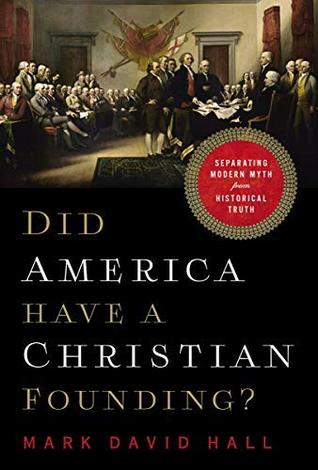More on this book
Kindle Notes & Highlights
Read between
October 28 - October 28, 2020
America’s founders were influenced in significant ways by Christian ideas when they declared independence from Great Britain, drafted constitutions, and passed laws to protect religious liberty.
I demonstrate that there is no evidence to support the popular claim that many or most of the founders rejected orthodox Christianity or were deists.19
A final possibility for the meaning of a “Christian founding” is that the founders were influenced by Christian ideas. I believe this is the most reasonable way to approach the question, Did America have a Christian founding?
Practically, and positively, a central argument of this book is that America’s founders drew from their Christian convictions to create a constitutional order that benefits all Americans, not just Christians.
Thomas Jefferson definitely rejected orthodox Christianity, but he went to great lengths to keep his religious views far from the public.
The Holy Scriptures were the most important source of authority for America’s founders, but they are not a handbook for politics. So when the founders debated the War of Independence, the creation of a new state and national constitutions, and the proper scope of liberty to be protected by governments, they turned to thinkers such as Locke and Montesquieu for guidance. They saw these authors as articulating ideas that were compatible with their Christian convictions.
With few, if any, exceptions, every founding-era statesman was committed to the proposition that republican government required a moral citizenry, and that religion was necessary for morality.
“of all governments, those are the best, which, by the natural effect of their constitutions, are frequently renewed or drawn back to their first principles.”
the constitutional order the founders created has benefited citizens of every faith—as well as those who do not hold to any faith at all.


